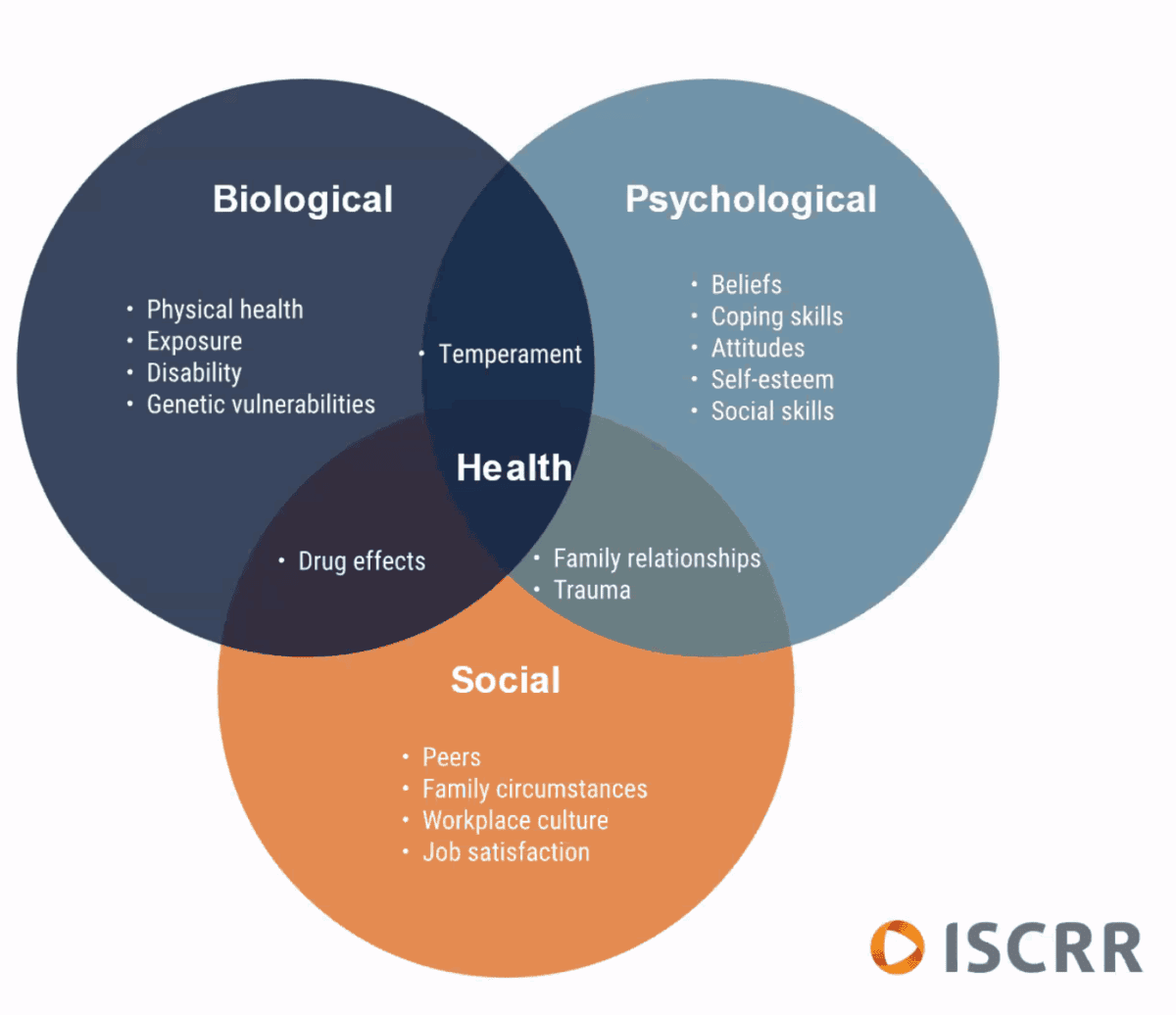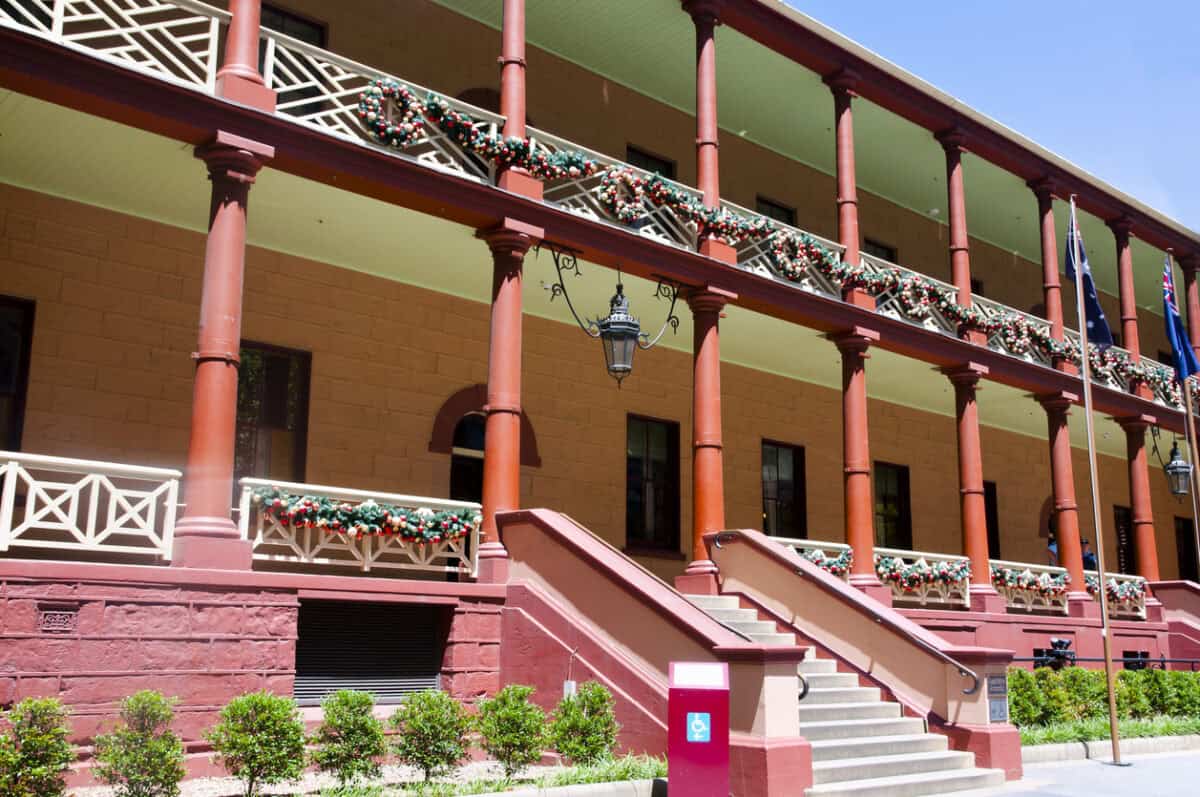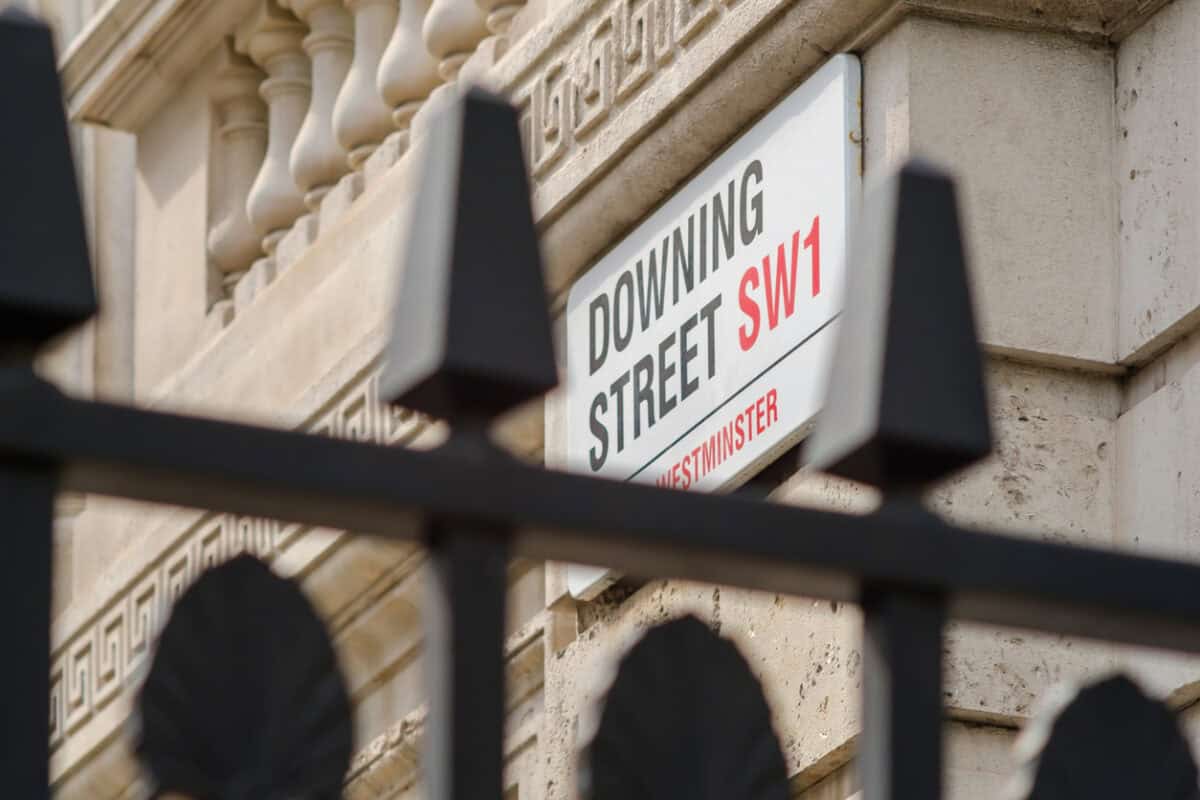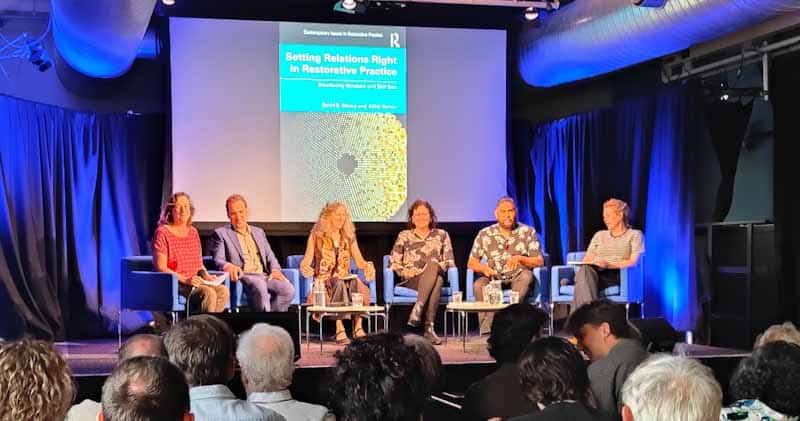[Guest post by Eric Windholz]
Last week I again had the pleasure to contribute to the Headfirst: A Concussion Podcast, this time talking about recent developments concerning the compensation of athletes (and in particular, AFL (Australian Football League) players) suffering concussion. The key takeaway – the more things change, the more they stay the same.
Continue reading “Australian Football Needs Better Workers Compensation”






